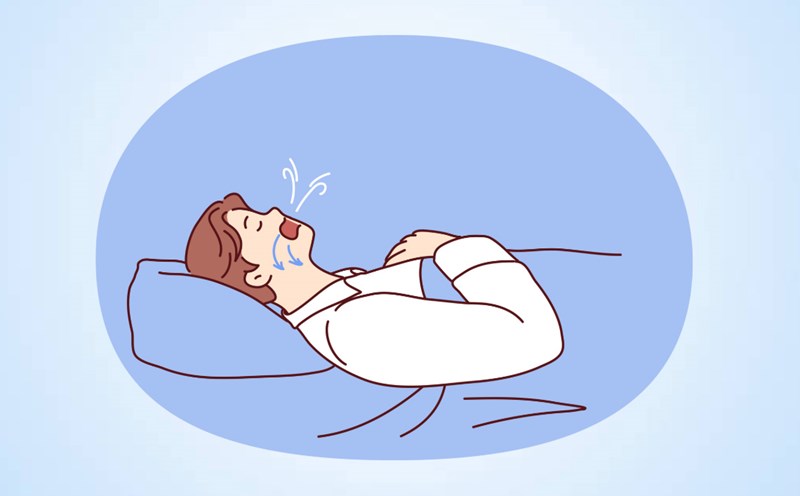In modern life, many women feel they need to sleep more than men around them. This is not due to laziness but because women's bodies and brains function differently, affected by many specific biological and mental factors.
The impact of hormones on sleep
In women, the hormones estrogen and progesterone change constantly throughout life, deeply affecting sleep. This fluctuation makes it difficult for women to sleep deeply, REM sleep (Rapid Eye Movement) is interrupted, and reduces the ability to recover even with adequate sleep. Meanwhile, men's hormones are more stable, so their sleep is often more regular and deep, according to Only My Health.
Menstrual cycle and sleep quality
The monthly menstrual cycle also negatively affects women's sleep, especially in the week before menstruation. The sharp decrease in progesterone causes problems such as difficulty sleeping deeply, stress, pain due to muscle twitching, causing disrupted and uncomfortable sleep.
Pregnancy and affected sleep
Pregnancy is the most difficult period to sleep for many women. High Progesterone causes daytime sleepiness but is accompanied by symptoms such as nausea, repeated urination, cramps and back pain, making sleep cramped, lackluster and incomplete.
Menopause and sleep disorders
During menopause, a decrease in estrogen causes hot flashes, night sweats and mood swings, thereby disrupting sleep. Premenopausal and menopausal women often have difficulty getting enough sleep and waking up refreshingly, affecting their overall health.
Mental burden and impact on sleep
In addition to biological factors, women also suffer a great mental burden due to pressure at work, family and caring roles. Prolonged stress and anxiety make it difficult for the brain to relax, causing difficulty sleeping or poor sleep.
Solutions to support sleep for women
To improve sleep quality, women should maintain the habit of sleeping and waking up on time, avoiding evening caffeine, creating a quiet, cool sleeping environment, exercising gently, and supplementing nutrients such as magnesium. Understanding the body's special sleep needs is an important step to help women take better care of their health.











